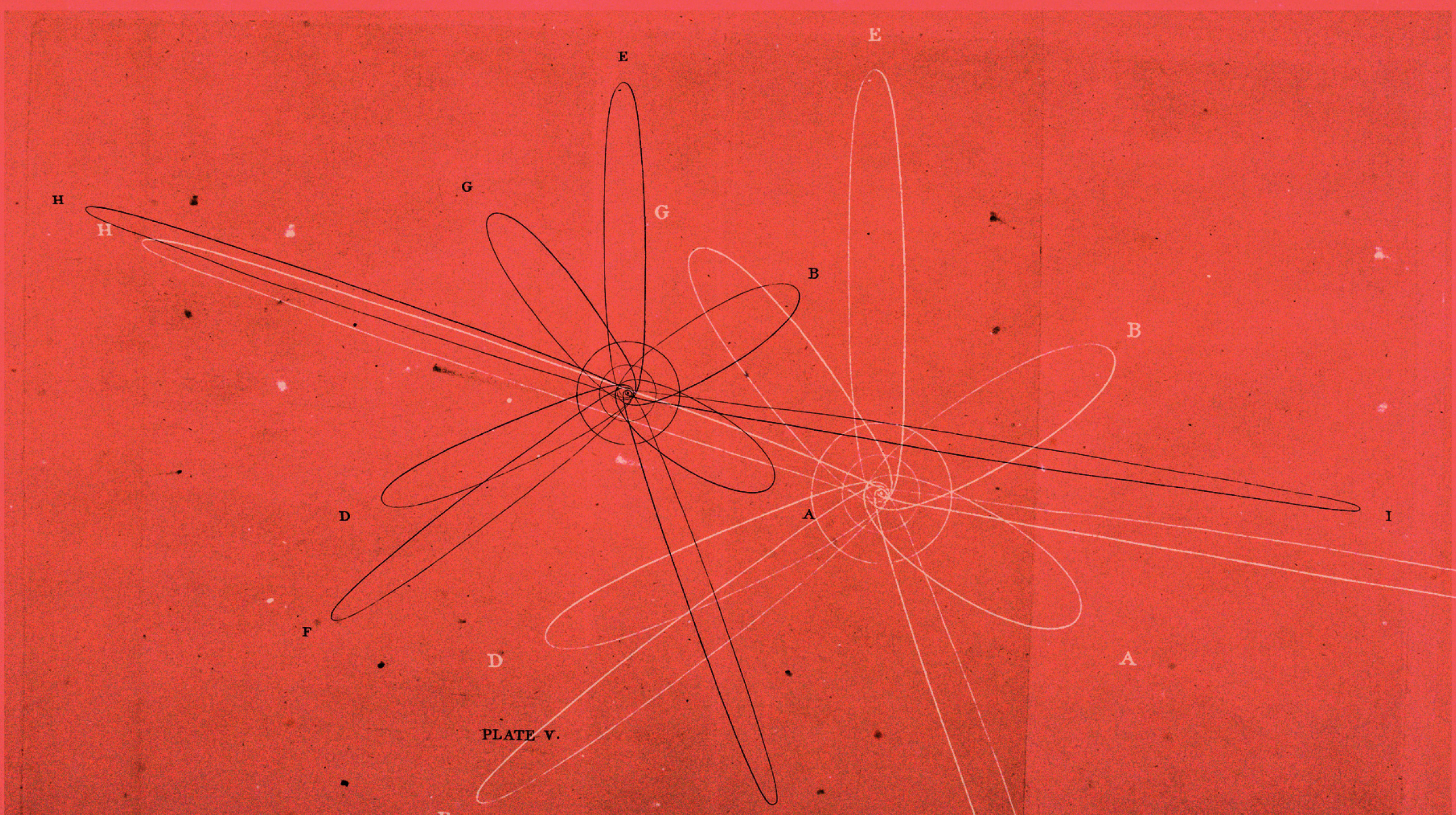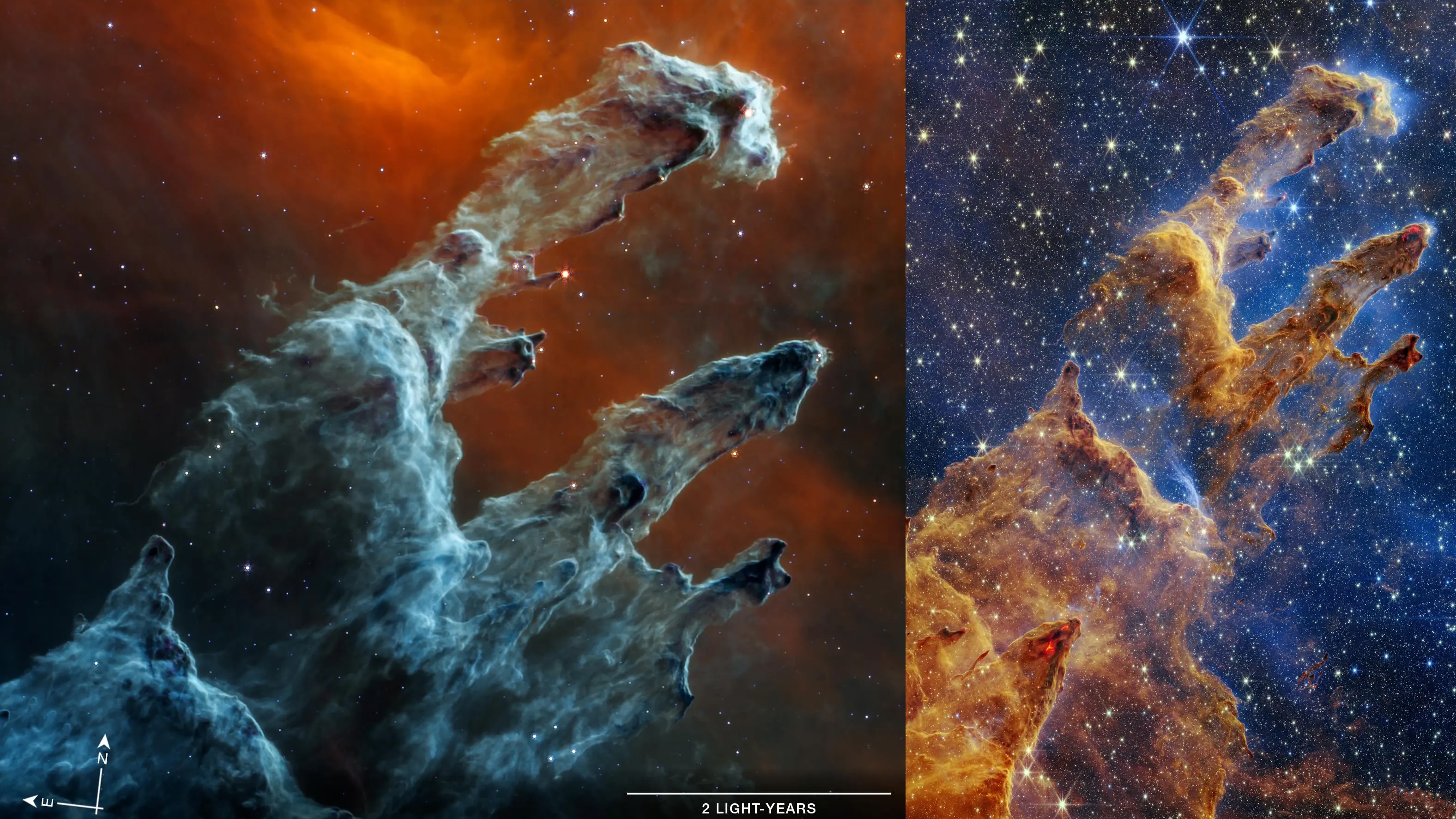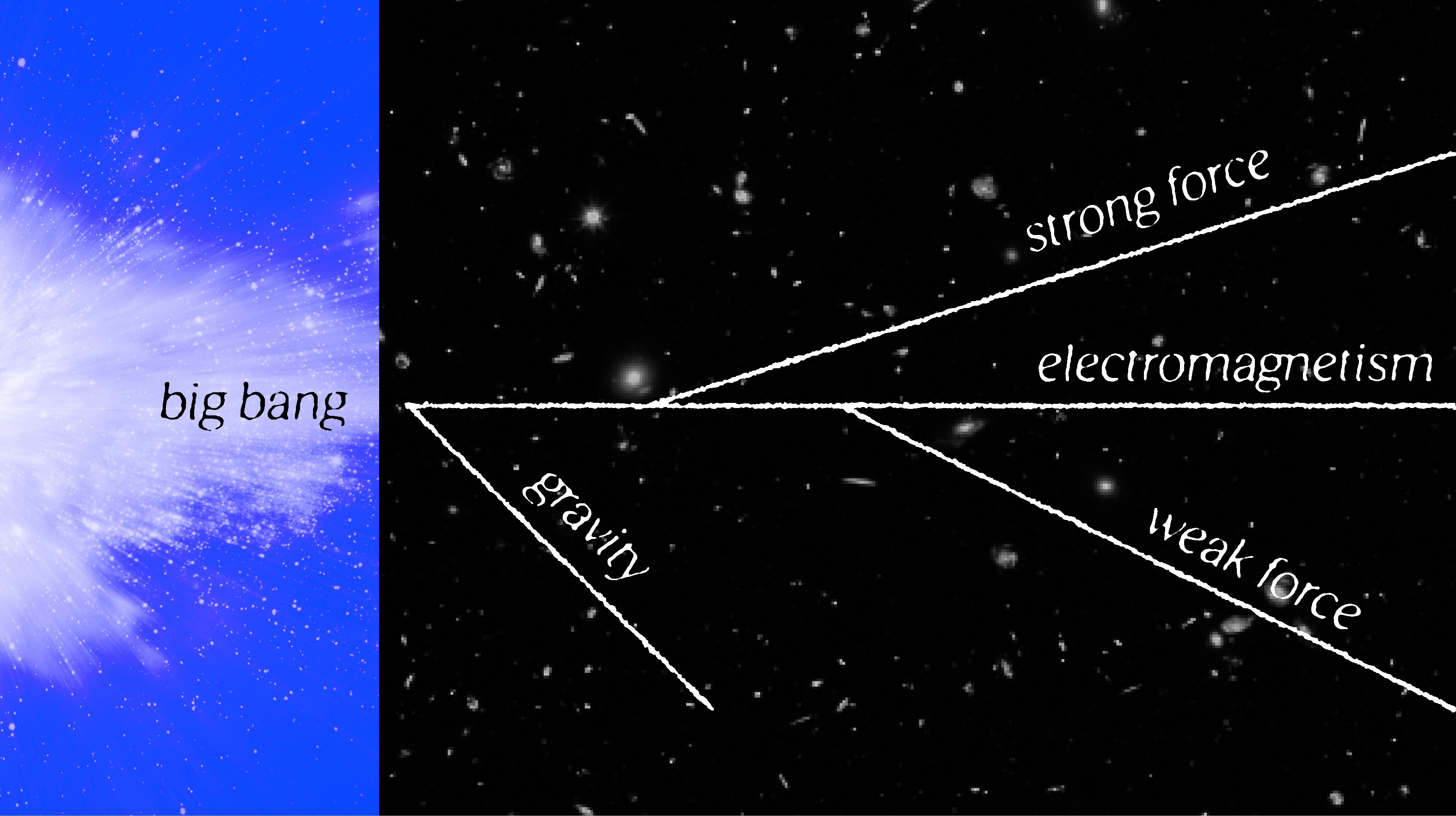Executive presence training can help leaders learn how to better support their people, become more self aware, communicate effectively, and more.
Search Results
You searched for: Big Think
As early as we’ve been able to identify them, the youngest galaxies seem to have large supermassive black holes. Here’s how they were made.
About the project The goal of driving more progress across the world—scientifically, politically, economically, socially, etc—is one shared by many. And yet, debates about the best way to maximize progress […]
The answer to the age-old philosophical question of whether there is meaning in the Universe may ultimately rest upon the power of information.
The farther away they get, the smaller distant galaxies look. But only up to a point, and beyond that, they appear larger again. Here’s how.
Dr. Tyson explains where we might find aliens, why “dark matter” is a misleading term, and why you can blame physics for your favorite team’s loss.
The multi-leveled constructions of metaphysics are the collective workings of a fantastical virtuality. Did you get that?
Your inner voice can be the devil on your shoulder or the angel. It depends on where your focus lies.
AI systems can carry on convincing conversations, but they have no understanding of what they’re saying. Humans are easily fooled.
Creating a culture of innovation requires champions and cheerleaders at every level and in every function within an organization.
Our scientific instruments are constantly improving, revealing nature’s workings as never before. Without them, we’ll remain in the dark.
The “first cause” problem may forever remain unsolved, as it doesn’t fit with the way we do science.
The “little red dots” were touted as being too massive, too early, for cosmology to explain. With new knowledge, everything adds up.
New tech is a double-edged sword. Integration can be expensive and perilous: Mess up the adoption and jobs are on the line.
The problem of the electroweak horizon haunts the standard model of cosmology and beckons us to ask how deep a rethink the model may need.
The expanding Universe, in many ways, is the ultimate out-of-equilibrium system. After enough time passes, will we eventually get there?
You can only create or destroy matter by creating or destroying equal amounts of antimatter. So how did we become a matter-rich Universe?
“The amount of interest is enormous,” says anesthesiologist Boris Heifets. “People are dropping in and coming out of the woodwork, trying to understand how to do this.”
Life arose on Earth very early on. After a few billion years, here we are: intelligent and technologically advanced. Where’s everyone else?
No amount of success can overcome imposter syndrome without a mindset geared toward growth.
▸
with
If a person stands little chance of ever being wealthy, perhaps playing the lottery is a rational decision.
First discovered in the mid-1960s, no cosmic signal has taught us more about the Universe, or spurred more controversy, than the CMB.
One of the fundamental questions for those studying and advocating progress is around understanding what variables can move the needle for the type of progress that you might want to see in the world. It’s a key focus of the “progress studies” discipline and a question that has received increased attention from academics and public intellectuals in recent years.
Predictive power has perverse, anti-democratic consequences. So be a good citizen and lie to election pollsters.
Even with the best technology imaginable, you’d probably never be able to exist as a consciously aware brain in a vat.
Eric Olson — CEO and co-founder of Consensus — takes his cues from the university of legendary coaches.
They have held our fascination ever since we first identified their remains.
Our thermodynamic arrow of time explains why the entropy of any isolated system always increases. But it can’t explain what we perceive.
The English writer left behind a mind-expanding collection of books.



























